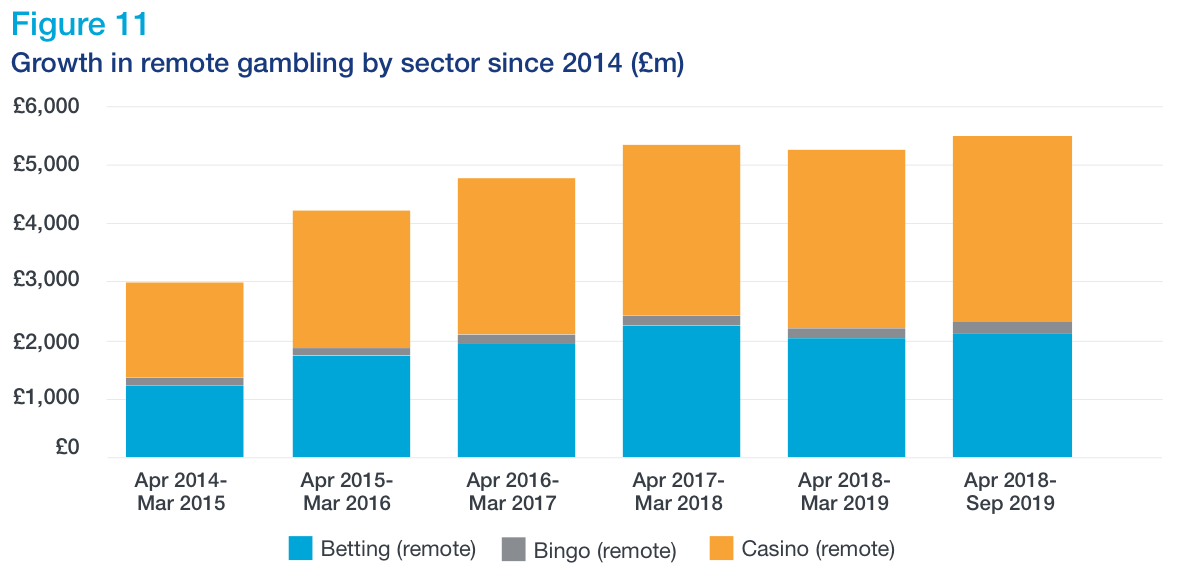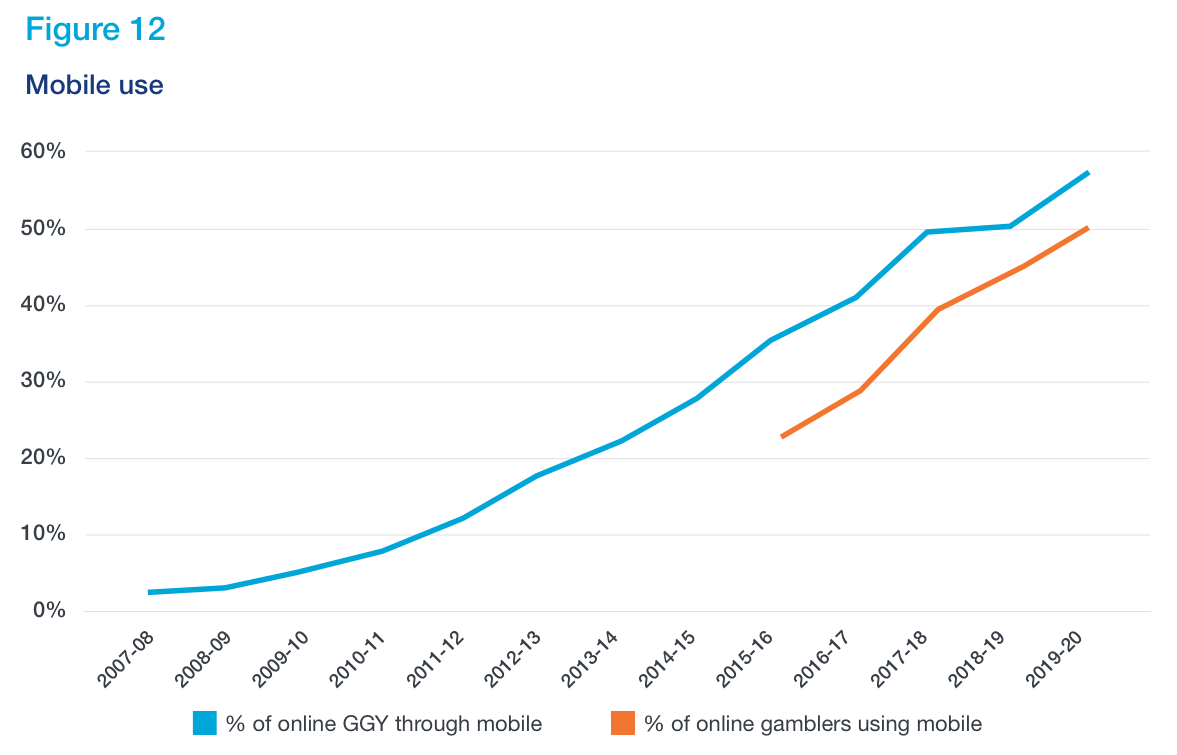Consultation response
Changes to LCCP on ADR, CI and RET contributions
A summary of the responses to our consultations on changes to LCCP requirements for customer interaction and alternative dispute resolution (ADR) providers.
Contents
- Executive Summary
- Introduction
- Alternative dispute resolution
- Customer interaction
-
- Introduction
- Consultation proposal
- Proposed changes to Social responsibility code 3.4.1 (1a)
- Proposed changes to Social responsibility code 3.4.1 (1c)
- Proposed changes to Social responsibility code 3.4.1 (2)
- Our proposal to remove ordinary code 3.4.2
- Amended Social Responsibility Code 3.4.1 Customer Interaction
- Research, Prevention and Treatment contributions
- Appendix A: Amended social responsibility code of practice 6.1.1 – complaints and disputes
- Appendix B: Amended social responsibility code of practice 3.4.1 – customer interaction
- Appendix C: Amended social responsibility code of practice 3.1.1 – combatting problem gambling
Accessibility of online gambling
The decline in premises-based gambling has coincided with an increase in online gambling. In 2016, 17% of adults reported they had gambled online in the past four weeks; that had increased to 21% in 201928. . Data from our industry stats shows the growth in remote gambling GGY by sector as shown in Figure 11.

If extrapolated, our latest data, equates to 11 million adults having gambled online in the last 4 weeks.
As figure 12 shows, 50% of online gambling now takes place on a mobile phone 24.

The emergence of online gambling, in particular mobile gambling means consumers have far greater access to a wider range of gambling products. Many large online licensees provide a one-stop shop for gambling facilities incorporating betting, casino games (live and virtual), slot games, bingo and poker all accessible from a single app. 56% of online gamblers have more than one gambling account and on average they have 3 accounts 29.
In 2019 we asked our Advisory Board for Safer Gambling (ABSG) and the Digital Advisory Panel (DAP) to review and advise our ongoing work and future approach to tackling online gambling harms. Their recommendations for priority actions included addressing the risks of game design and habit- forming apps, making more use of data through a ‘single customer view’ and harnessing the use of ad tech to reduce vulnerable adult and children’s’ exposure to online gambling advertising'.
Last updated: 27 May 2021
Show updates to this content
No changes to show.
